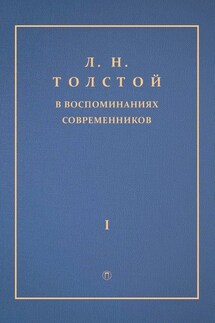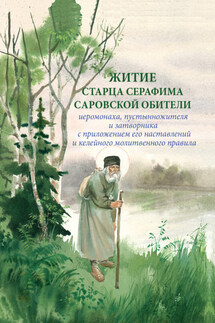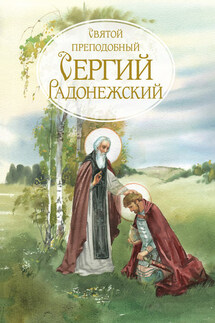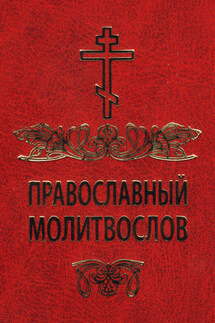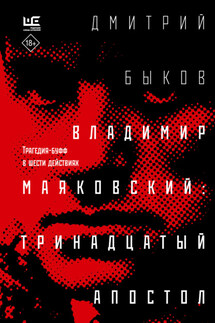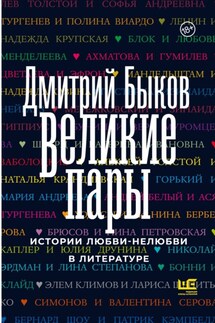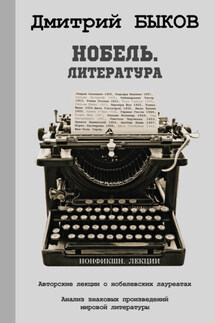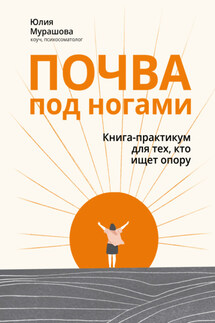Проблемы литератур Дальнего Востока. Труды IX международной научной конференции - страница 31
18. Huang Qia. “Liao Zhai zhi yi” and religion. Jinan, Qi Lu shushe, 2005. (In Chinese)
19. Li Xueliang. Exposing the extraordinary – revealing the secrets of the magical world “Liao Zhai zhi yi”. Beijing, Dangdai shijie chubanshe, 2017. (In Chinese)
20. Wang Haiyang. A study of Chuanqi of the Qing era, imitating “Liao Zhai zhi yi”. Hefei, Anhui renmin chubanshe, 2009. (In Chinese)
21. Jiang Yubin. A research of imitating “Liao Zhai zhi yi” works of the Qing era. Beijing, Zhongguo shehui kexue chubanshe, 2012. (In Chinese)
22. Du Jianhua. “Liao Zhai zhi yi” and plays of the Sichuan opera based on the plots of the collection. Chengdu, Sichuan wenyi chubanshe, 2004. (In Chinese)
23. Zheng Xiuqin. Adaptations of “Liao Zhai zhi yi” in the Qing era: based on the example of traditional Chinese opera. Beijing, Zhongguo xiju chubanshe, 2009. (In Chinese)
24. Zhao Qingchao, Huo Qiaolian. A research of modern fli m adaptations of “Liao Zhai zhi yi”. Nanchang, Jiangxi renmin chubanshe, 2017. (In Chinese)
25. Li Haijun. From Intercultural Dominance to Cultural Harmony: A Study of the English Translations of “Liao Zhai zhi yi”. Shanghai, Shanghai jiaotong daxue chubanshe, 2014. (In Chinese)
26. Sun Xueying. “Liao Zhai zhi yi” translations: A hermeneutic study of “Liao Zhai zhi yi” translations. Shanghai, Shanghai san lian shudian, 2016. (In Chinese)
27. Li Haijun, Jiang Fengmei, Wu Dilong. A research of translations of “Liao Zhai zhi yi” into English (1842–1948). Beijing, Kexue chubanshe, 2019. (In Chinese)
28. Zhu Zhenwu. The Occurrence of the Creation of Liao Zhai zhi yi and its Dissemination in the English World. Shanghai, Xue lin chubanshe, 2017. (In Chinese)
29. Liu Xiaojing. Trh ee hundred year old echoes: A study of folk melodies in the Liqu of Pu Songling. Shanghai, Shanghai san lian chubanshe, 2002. (In Chinese)
30. Chen Yuchen. Liao Zhai’s liqu. Jinan, Shandong wenyi chubanshe, 2004. (In Chinese)
31. Liu Xiurong, Liu Tingting. Liao Zhai’s Liqu abstracts. Jinan, Qi Lu shushe, 2016. (In Chinese)
32. Shao Jizhi. From “Strange stories” to Liqu: A New Interpretation of Pu Songling’s works. Jinan, Qi Lu shushe, 2008. (In Chinese)
33. Feng Chuntian. A study of the grammar of Liao Zhai’s Liqu. Zhengzhou, Henan daxue chu-banshe, 2003. (In Chinese)
34. Di Yan. A study of modal particles in Liao Zhai’s Liqu. Beijing, Zhongguo shehui kexue chu-banshe, 2013. (In Chinese)
35. Zhang Tai. Interpretation of the dialectal vernacular vocabulary in Liao Zhai’s Liqu. Beijing, Jiu zhou chubanshe, 2015. (In Chinese)
36. Vocabulary of “Jin Ping Mei”, ”Xingshi Yinyuan Zhuan” and “Liao Zhai zhi yi” / Xu Fuling. Shanghai, Shanghai cishu chubanshe, 2018. (In Chinese)
37. Dong Shaoke. A study of “colloquial varieties of hieroglyphs” in the collection of Liao Zhai’s Liqu. Beijing, Shangwu yinshuguan, 2019. (In Chinese)
38. Xu Peixin. A study of fvi e types of syntactic structure of sentences in the collection of Liao Zhai’s Liqu. Changchun, Dongbei shifan daxue chubanshe, 2019. (In Chinese)
39. The fri st collection of Liao Zhai studies / Li Guikui, Fan Qingyan. Jinan, Qi Lu shushe, 2019. (In Chinese)
40. Zhou Xianshen. Zhou Xianshen talks about “Liao Zhai zhi yi” in detail. Shanghai, Shanghai san lian shudian, 2015. (In Chinese)
41. Ma Zhenfang. “Liao Zhai zhi yi” in all aspects. Beijing, Beijing chubanshe, 2019. (In Chinese)
